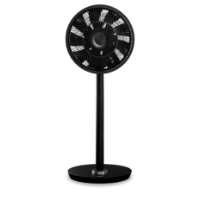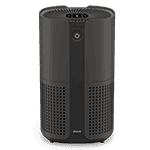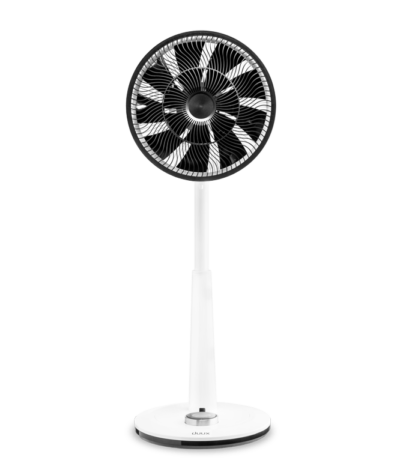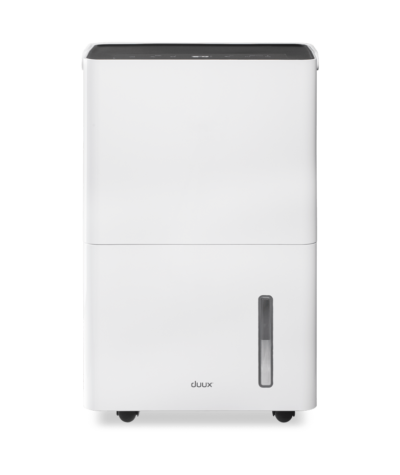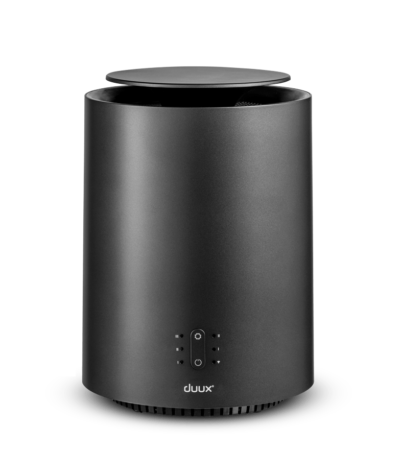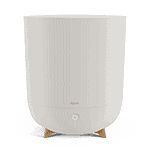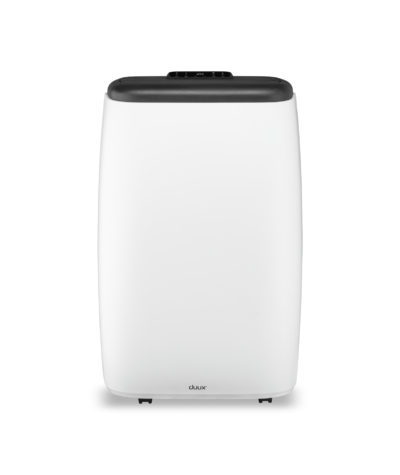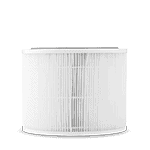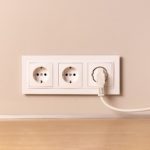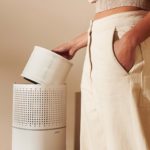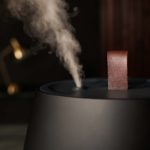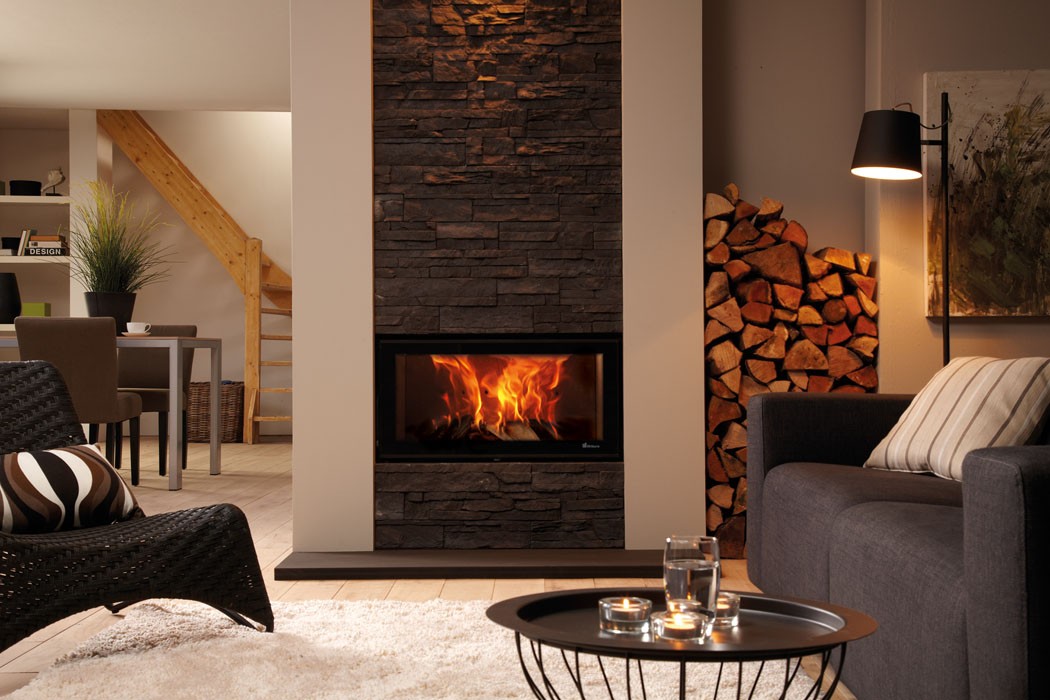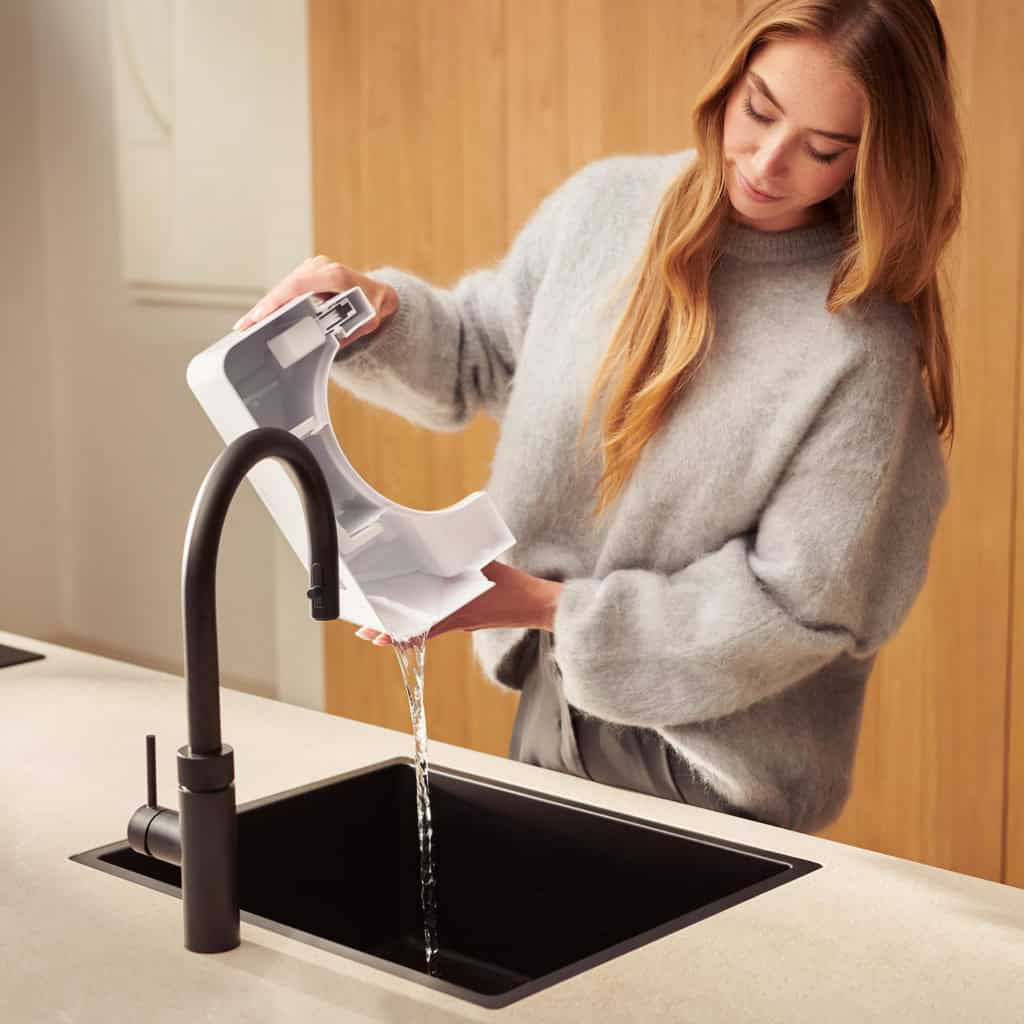Particulate matter causes poor air quality in most Dutch homes.
The air quality in 1 in 7 Dutch houses is insufficient for most of the day due to particulate matter. This is evident from the first results of a study commissioned by the Longfonds.
"Too much particulate matter, insufficient ventilation, moisture problems and mould do not appear so harmful at first glance, but can lead to fatigue, shortness of breath, respiratory infections and long-term lung diseases such as asthma and COPD".
The research is carried out by Blauw Research among Dutch households. A special sensor is used to measure the content of CO2, particulate matter (PM2.5), humidity and temperature over a period of nine months. The participants in the study have also completed questionnaires.
in the evening
Increased concentrations of particulate matter have been measured in almost all houses. This happens especially in the early evening. Fine dust particles also come in from the outside. Particulate matter is a collective term for all kinds of floating minuscule particles, which can penetrate deep into the lungs. In the house the particles are released by, among other things, baking and roasting, burning candles or the fireplace. The measurements also show that the concentrations of CO2 increase during the evening, when most residents are at home. In 1 in 10 houses, the recommended values are even exceeded for more than a quarter of the day.
Large-scale research
Indoor air expert Froukje van Dijken of BBA Indoor Environment is not surprised by the results: "We know from previous research that indoor air quality in homes often leaves much to be desired. That is why it is good and important that large-scale research is now being carried out into ways of increasing residents' awareness of indoor air quality".
Health complaints
Too much particulate matter, insufficient ventilation, moisture problems and mould do not seem so harmful at first glance, but can lead to fatigue, shortness of breath, respiratory infections and long-term pulmonary diseases such as asthma and COPD. Michael Rutgers: "People spend more than 20 hours of their time indoors. It's important that the air there is healthy."
Majority unconscious
According to the researchers, increased concentrations of particulate matter have been measured in almost all houses. "Many Dutch people do not know that they breathe polluted air in their homes and that this can lead to health complaints." It appears that 90% of households had never studied indoor air quality. "Previously I had no idea about indoor air quality. Now with the sensor I see that cooking has an enormous influence on that air quality. That really surprised me", says participant Ad Brenters. The next phase of the study will look at whether insight into indoor air quality also leads to residents taking measures to make the indoor air healthier.
Source: ANP
